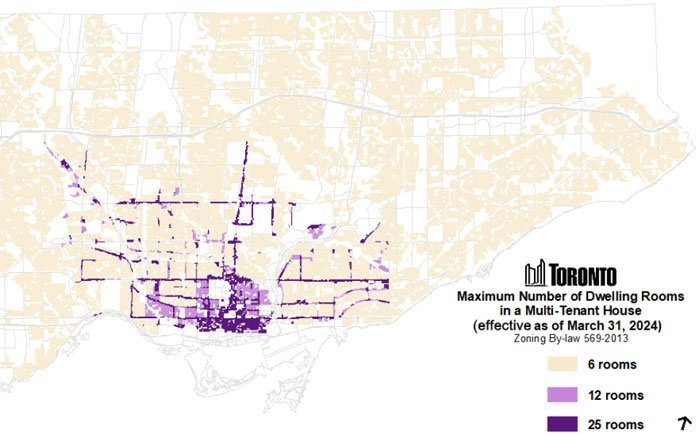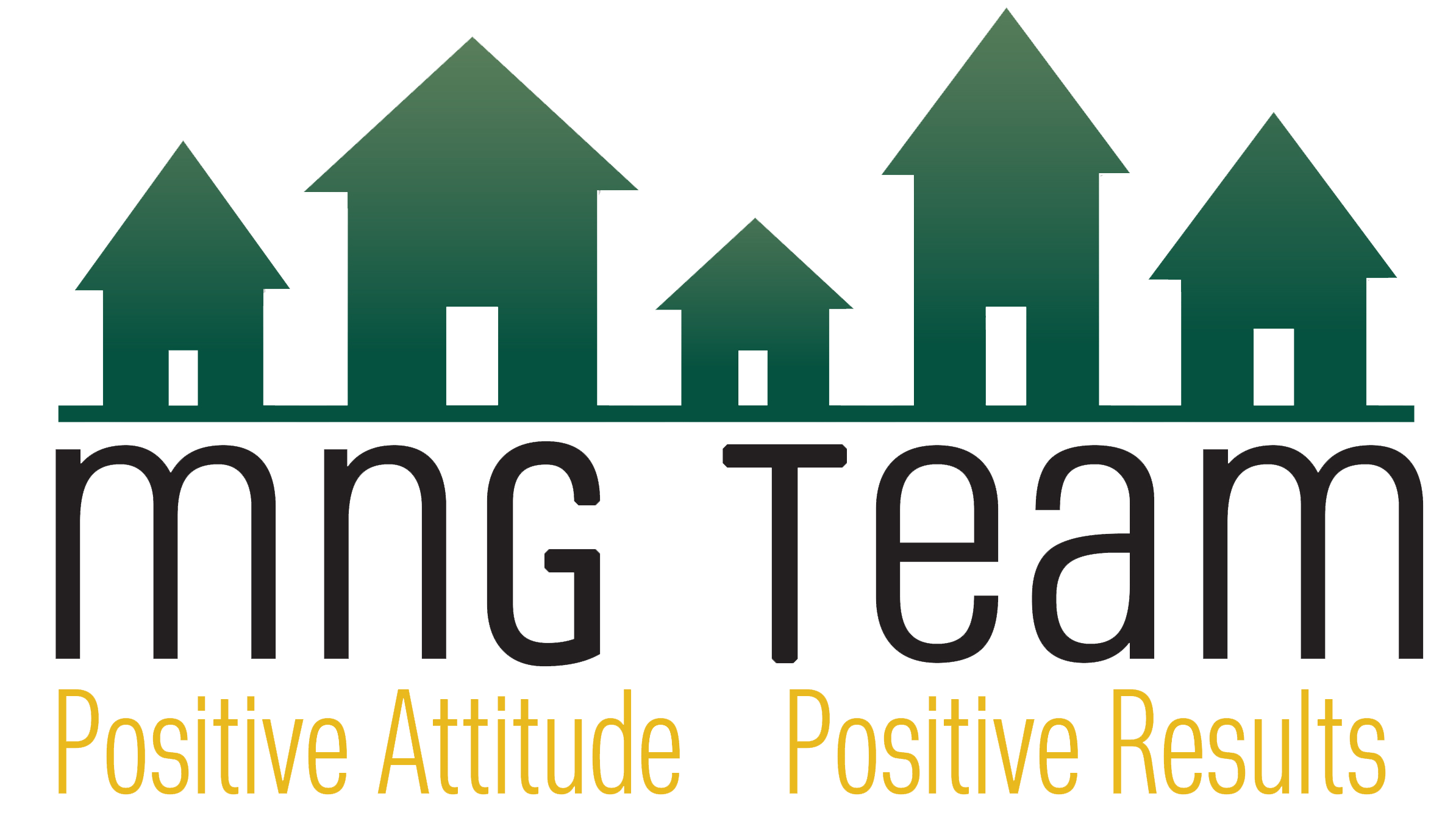Rooming Houses Legalized in Toronto: Affordable Housing Initiative
As of March 31, 2024, a significant shift is occurring in Toronto's real estate landscape – rooming houses, officially known as multi-tenant houses, will be legal across the city. This milestone marks a crucial step towards addressing the pressing need for affordable housing while tackling the issues associated with unregulated rooming accommodations. In this article, we delve into the implications of this new regulatory framework and its impact on both tenants and investors.
Understanding Rooming Houses
Rooming houses are residential properties where four or more tenants rent individual bedrooms while sharing common areas such as kitchens and bathrooms. Traditionally confined to specific pockets of the city, rooming houses have faced stringent regulations, with many areas outright prohibiting their existence. However, recent amendments to Toronto's bylaws aim to expand the availability of this housing option citywide.

The New Regulatory Framework
The implementation of the new framework entails a licensing requirement for all rooming house operators, ensuring adherence to safety and maintenance standards. Property owners must submit detailed plans addressing tenant concerns, pest management, and waste removal. Additionally, compliance with Ontario's Building, Fire, and Electrical Safety Codes is mandated, fostering safer living conditions for occupants.
Enforcing Compliance and Ensuring Accountability
To enforce the regulations effectively, city officials have introduced measures such as annual inspections, heightened fines for non-compliance, and the establishment of a Multi-Tenant House Licensing Tribunal. These initiatives aim to hold property owners accountable while safeguarding the well-being of tenants.
The Role of Rooming Houses in Toronto's Housing Ecosystem
Despite their challenges, rooming houses serve as a crucial source of affordable housing for diverse demographics, including seniors, students, and low-income families. By facilitating the legalization and regulation of these accommodations, Toronto seeks to expand its rental housing inventory and address the city's housing shortage.
Implications for Investors
For real estate investors, the legalization of rooming houses presents a unique opportunity to contribute to Toronto's housing market while generating income. By investing in well-maintained rental properties, investors can meet the growing demand for affordable housing and contribute positively to their communities.
The legalization of rooming houses marks a significant milestone in Toronto's efforts to address its housing crisis. By implementing robust regulations and enforcement mechanisms, the city aims to improve housing affordability and enhance the quality of life for all residents. For investors, this presents an opportunity to contribute to the community while achieving financial returns.
Your market
Curious where our market falls on this split and what it means for you?
Get in touch, and we’ll tell you everything you need to know.




